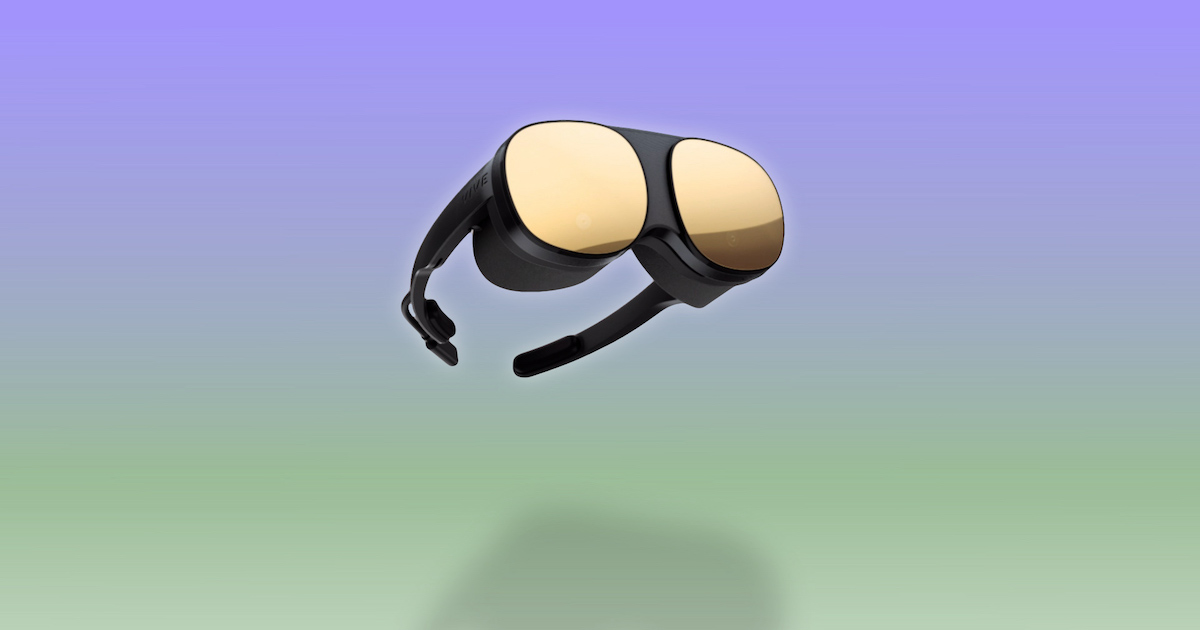NERVTEX, a Chinese company focused on developing digital therapeutics for brain disorders, has obtained the approval of the China National Medical Products Administration for its AI-powered movement disorder analysis software.
Called MoDAS (Movement Dysfunction Assessment Software), the software as a medical device uses computer vision and deep learning to analyse videos of a patient’s movement captured via mobile phones. It then provides objective and quantitative information about the patient’s movement to support diagnosis and treatment.
The company mentioned that in a multi-centre clinical study of the device at Shanghai Changhai Hospital, MoDAS has shown results that were “highly consistent” with clinicians’ diagnoses.
WHY IT MATTERS
Until now, most health professionals still diagnose and classify movement disorders, such as Parkinson’s disease, through clinical observation.
But given the rapidly ageing population in Asia, coupled with the limited allocation of medical resources and low efficiency of current methods of diagnosis and treatment, there is now a need to move from such a traditional approach, according to NERVTEX.
“Movement disorders are probably one of the earliest neurological diseases to be discovered and studied in humans, yet their symptom assessment methods and tools have made little progress for so many years, which to some extent limits progress in disease assessment and treatment, as well as drug development,” NERVTEX CMO Dr Zhou Dong noted.
The company thus developed MoDAS to help relieve physicians of the time-consuming observation and evaluation of movement disorders by rendering and delivering graphical data in real-time. It also stressed that with video-based analysis software, doctors no longer need to use physical devices that interfere with a patient’s movement, affecting their clinical decision-making.
MARKET SNAPSHOT
Emerging technologies have been applied to the field of neurological medicine in recent years. For example in Australia, researchers from RMIT University have developed a mobile app-based AI algorithm that analyses the changes in a person’s voice to screen for Parkinson’s disease.
In the United Kingdom, Kings College London researchers are trying out the video game-based software called Thymia to spot early signs of cognitive impairment.
Deep brain stimulation has also been used by Abbott to treat an area of the brain associated with Parkinson’s symptoms.
Meanwhile, brain data startup Rune Labs from the United States has recently obtained the FDA’s 510(k) clearance to use its StrivePD app to monitor symptoms of Parkinson’s disease via the Apple Watch.






